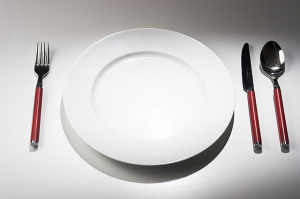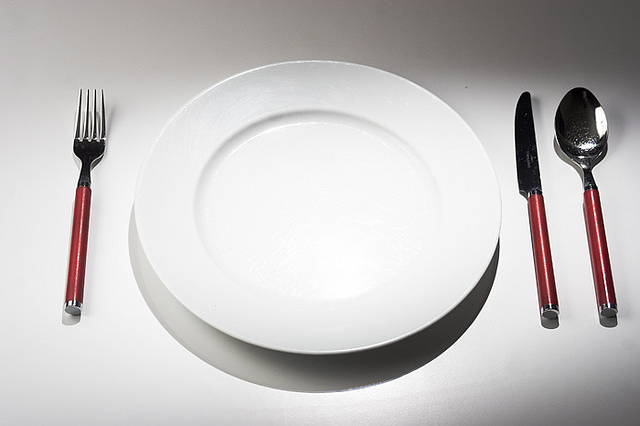 The term foodie has a lot of connotations – some good, some bad. A quick search on Google (that arbiter of all things on the Web) gives us a number of conflicting definitions:
The term foodie has a lot of connotations – some good, some bad. A quick search on Google (that arbiter of all things on the Web) gives us a number of conflicting definitions:
- Merriam Webster tells us that a foodie is “a person having an avid interest in the latest food fads.”
- The Oxford English Dictionary says a foodie is “A person with a particular interest in food; a gourmet.”
- Urban Dictionary gives us this one – a foodie is “a person that spends a keen amount of attention and energy on knowing the ingredients of food, the proper preparation of food, and finds great enjoyment in top-notch ingredients and exemplary preparation.”
Eric Schlosser, author of Fast Food Nation: The Dark Side of the All-American Meal and a co-producer of the Oscar-nominated documentary, Food, Inc., rails at the term “elitist” in his opinion piece published in the Washington Post, where he calls for a new, sustainable food system that will support the poor and working people, as well as those who are able to seek out healthier food.
Maybe we just need a new definition of foodie that will eliminate any hint of elitism that has been attached to the term. Our definition here at GoodFood World:
Foodie
(a) A person with a healthy interest in good food;
(b) One who pays attention to the food source; production, harvesting and processing methods; and delivery of good food.
(c) One who prepares and consumes good food with respect for both his or her body and the food that nourishes it.
Just what is good food? It is whole or minimally processed; organic, transitional or, at the least, “low-chemical-input” and produced or processed with care and respect for the welfare of animals and workers in the food system.
So am I a foodie? Yes! Am I elitist? No!
Good food is the right of all Americans; not just those who can afford $25 a pound for organic, grass-fed, heritage beef; $8 for a dozen eggs from organic, pastured, heritage chickens; or $10 a gallon for non-homogenized “cream on top,” organic milk in glass bottles from pastured, grass-fed, heritage cattle.
Good food comes from farmers and workers who make a living wage; a wage that means they can afford to buy and eat fresh fruits and vegetables, not subsist on low cost, high calorie, low nutrient junk food.
Good food means good health. We should not be poisoning food workers with herbicides, insecticides, and fungicides. We should not be spreading pathogens that are resistant to multiple types of antibiotics because animals, fish, and trees (Yes, trees!) are treated with massive amounts of antibiotics to encourage growth. We should not be filling our “edible food-like substances” with preservatives, artificial colors, artificial flavors, and added “nutrients” (like vitamins, minerals, Omega 3s, etc.) that have been removed or depleted during “hyper-processing.” We should not be eating food that makes us obese, gives us heart disease and diabetes, and kills too many people, too young.
Our food system has become industrialized, institutionalized, franchised, and profit-focused. It is time to craft a new food system that takes the power out of the hands of the few, very large multinational companies now in control and returns it to a diversified network of small and mid-sized producers and processors who serve regional markets as opposed to global ones.
Photo credit: chris.peplin, used with permission under Creative Commons license.

